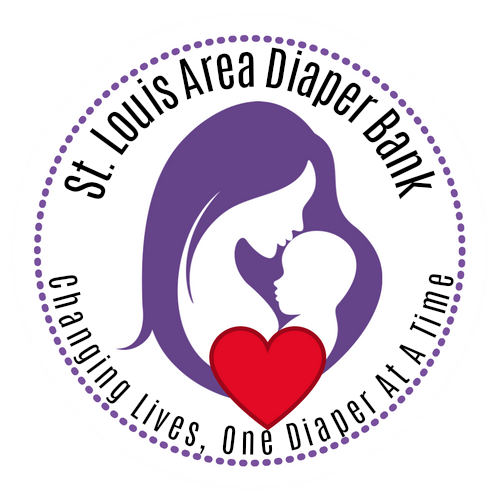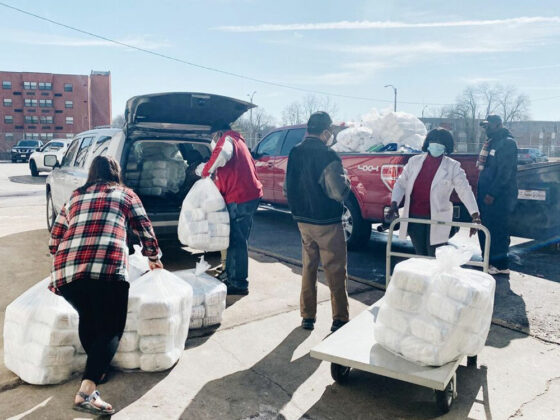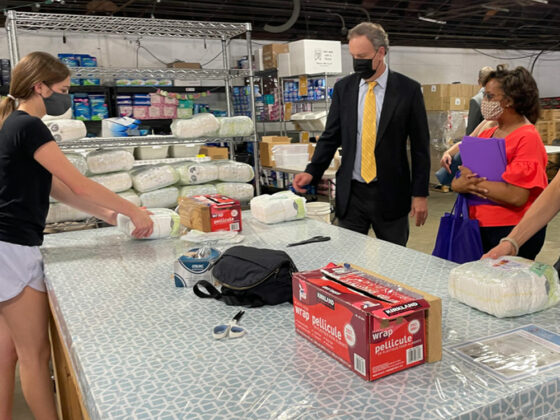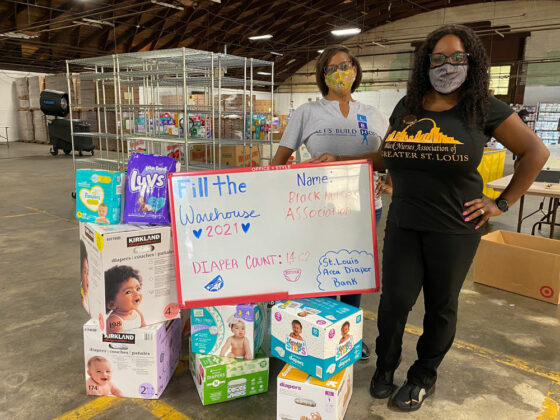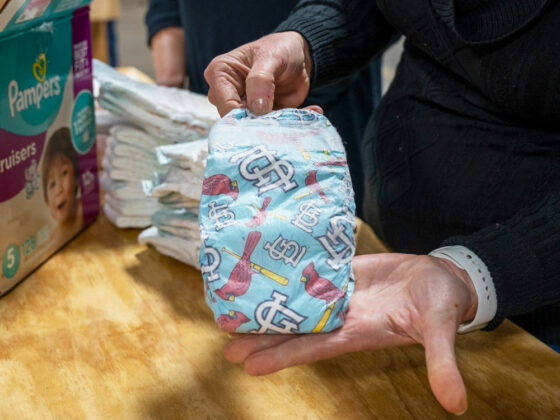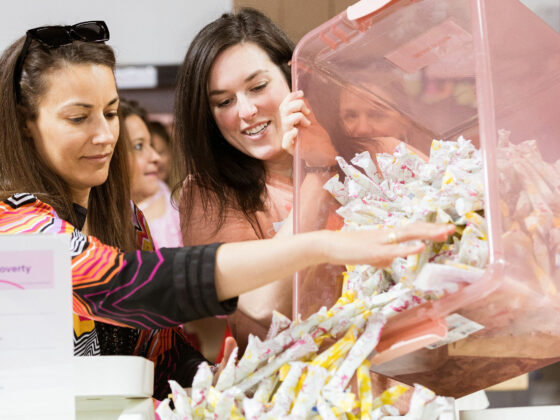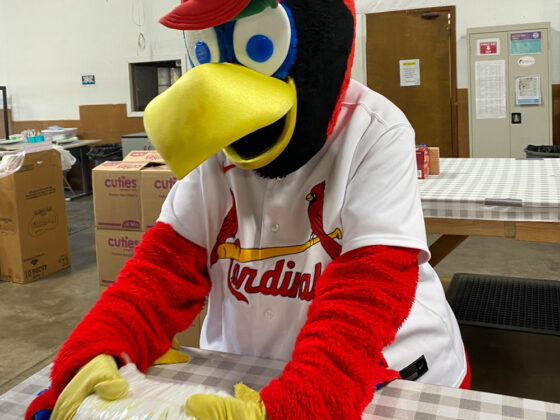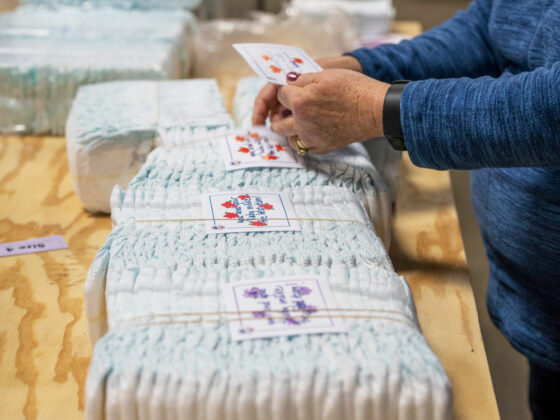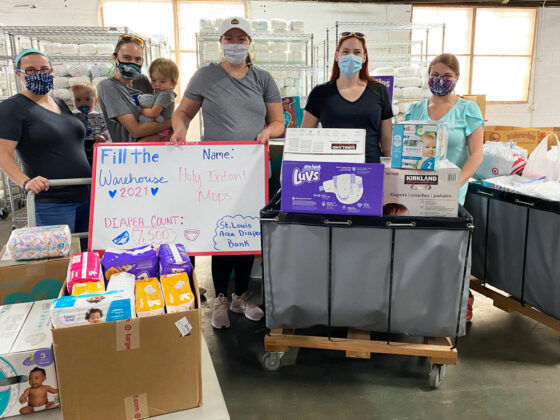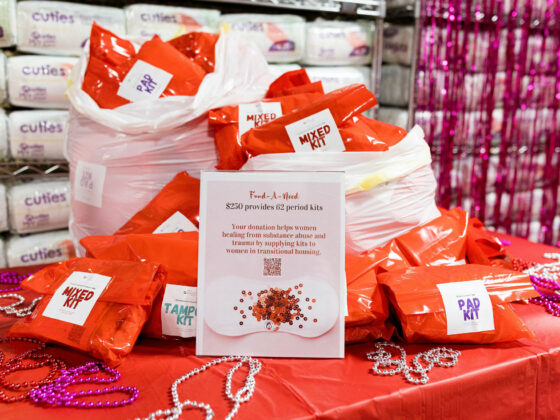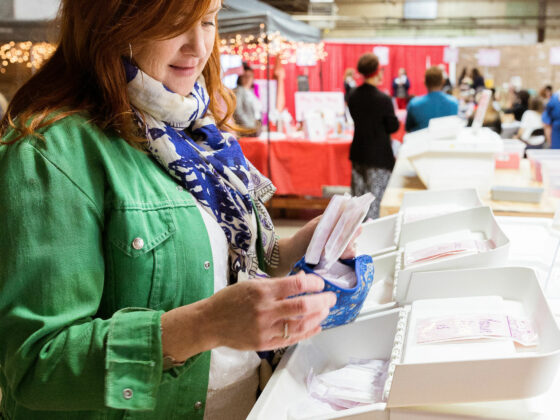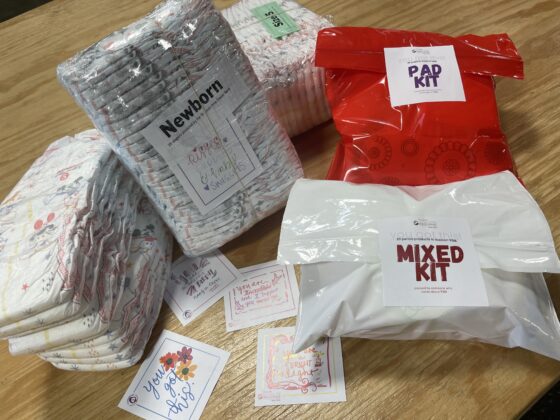Our Impact
We have come a long way, but to continue helping families in our region we need your support!
Diaper Need Stats
Families have to choose between diapers and…
“Diapers affect nearly every aspect of family life. From an infant’s physical, emotional, and mental health, to the mental and emotional health of parents, contributing to the quality of life of the entire household.”
Period Poverty Stats
“This is not a luxury, It’s a need. It affects a woman’s sense of self, her sense of dignity and her ability to participate in life.”
– Anne Sebert Kuhlmann, PhD, MPH associate professor in the College for Public Health and Social Justice at St. Louis University.*
* Read Dr. Sebert Kuhlmann’s full report here
Raising Awareness
A critical part of our mission at the Diaper Bank is to “raise awareness about the causes and consequences of diaper need in our community.” Through our work with families in the St. Louis region we realized that there is a great deal of misunderstanding between people who are experiencing poverty in its various forms and people who are not.
“What is something that you wish other people understood about raising children while struggling to make ends meet?”
“It is really stressful– so much so that I feel depressed at times.”
“Raising children while struggling to make ends meet is hard, and sometimes I am not able to truly focus on being “present” to play with and enjoy my kids because I am stressed about how to provide for them.”
“The amount of stress it puts you under knowing you can’t provide everything your child needs is heartbreaking.”
“People who have money don’t understand how hard it is to be on a tight budget; it’s stressful.”
“The challenges I face are unseen to most. I am a full time, all time, single mom of two children, both have IEPs, and one a developmental disability. I have a college degree. It’s difficult to ask for help yet necessary to succeed and thrive. The little things add up. Every diaper counts.”
“Everybody needs a little help sometimes.”
“Receiving help does not make you inadequate.”
“One thing I wish other people understood about raising children while struggling to make ends meet is it’s hard to ask for help.”
“The sacrifices we make for our children are well worth it.”
“At the end of the day, you sacrifice for your children and their needs.”
“Everything is harder as a single parent.”
“I wish people understood that caring for children on a limited income requires parents to make hard decisions about what to buy and not buy for their babies.”
“It’s hard but it is worth it.”
“I love my child just as much or more than any other mom out there.”
“I want people to understand that we love our children and are working to do our best, despite life’s circumstances.”
“I love my baby more than anything in the world.”
